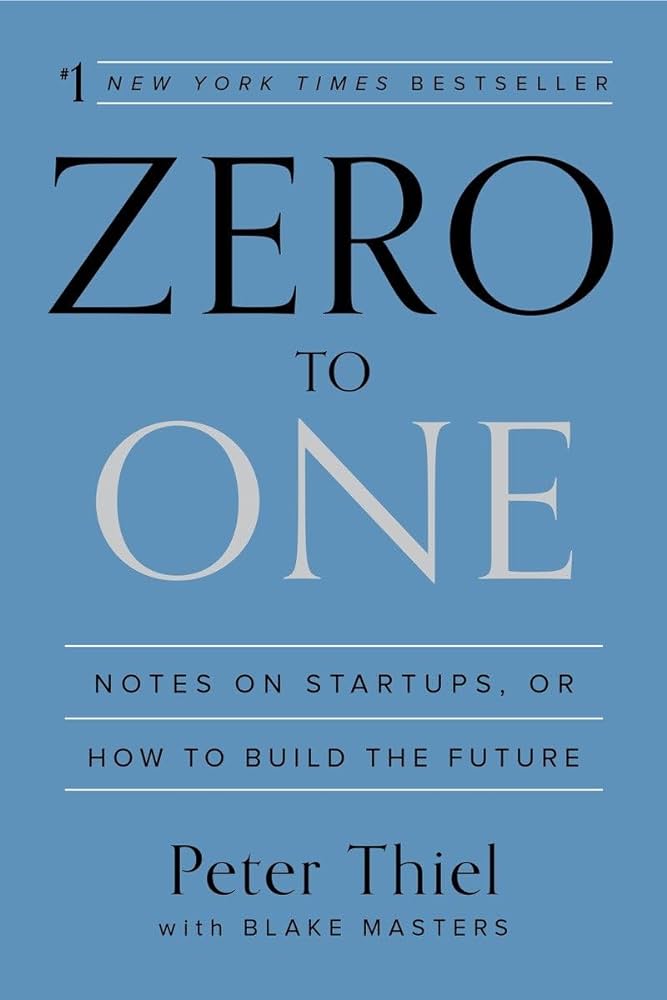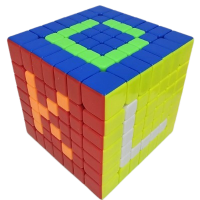Zero to One outlines an approach to create startups with the potential to become very large businesses. Peter and Blake explain that successful startups strive for a monopolistic advantage, meaning they do something significantly better than anyone else which makes it difficult for others to compete. Venture capitalists use this logic to invest in companies that could provide the entire return of the fund’s portfolio. Successful startups avoid trying to capture a small share of an established market, where competing profitability is very challenging due to existing participants’ resources and advantages. While this book is geared towards creating potential unicorns, I’ve been able to apply several lessons from it to create differentiated value within a large company.
You should read this book if you…
- are considering founding or joining a start-up
- seek a great structure on how to build and assess ideas to create a large business
- want to understand how venture capitalist assess startups
Favorite Quote
“Positively defined, a startup is the largest group of people you can convince of a plan to build a different future. A new company’s most important strength is new thinking: even more important than nimbleness, small size affords space to think“
Additional Information
Year Published: 2014
Book Ranking (from 1-10): 9 – Excellent – Broad and very well articulated insights
Ease of Read (from 1-5): 3 – Average
Key Highlights: link
Key Highlights
- Doing what we already know how to do takes the world from 1 to n, adding more of something familiar. But every time we create something new, we go from 0 to 1
- The paradox of teaching entrepreneurship is that such a formula necessarily cannot exist; because every innovation is new and unique, no authority can prescribe in concrete terms how to be innovative
- INTERVIEW someone for a job, I like to ask this question: “What important truth do very few people agree with you on?”
- Startups operate on the principle that you need to work with other people to get stuff done, but you also need to stay small enough so that you actually can
- Positively defined, a startup is the largest group of people you can convince of a plan to build a different future. A new company’s most important strength is new thinking: even more important than nimbleness, small size affords space to think
- Focus on product, not sales. If your product requires advertising or salespeople to sell it, it’s not good enough: technology is primarily about product development, not distribution. Bubble-era advertising was obviously wasteful, so the only sustainable growth is viral growth
- Creative monopolists give customers more choices by adding entirely new categories of abundance to the world. Creative monopolies aren’t just good for the rest of society; they’re powerful engines for making it better
- The lesson for entrepreneurs is clear: if you want to create and capture lasting value, don’t build an undifferentiated commodity business
- All happy companies are different: each one earns a monopoly by solving a unique problem. All failed companies are the same: they failed to escape competition
- Any big market is a bad choice, and a big market already served by competing companies is even worse. This is why it’s always a red flag when entrepreneurs talk about getting 1% of a $ 100 billion market. In practice, a large market will either lack a good starting point or it will be open to competition, so it’s hard to ever reach that 1%. And even if you do succeed in gaining a small foothold, you’ll have to be satisfied with keeping the lights on: cutthroat competition means your profits will be zero
- Job assignments aren’t just about the relationships between workers and tasks; they’re also about relationships between employees
- Marketing and advertising work for relatively low- priced products that have mass appeal but lack any method of viral distribution. Procter & Gamble can’t afford to pay salespeople to go door- to- door selling laundry detergent
- People have intentionality— we form plans and make decisions in complicated situations. We’re less good at making sense of enormous amounts of data. Computers are exactly the opposite: they excel at efficient data processing, but they struggle to make basic judgments that would be simple for any human

Discover more from The Broader Application
Subscribe to get the latest posts sent to your email.
